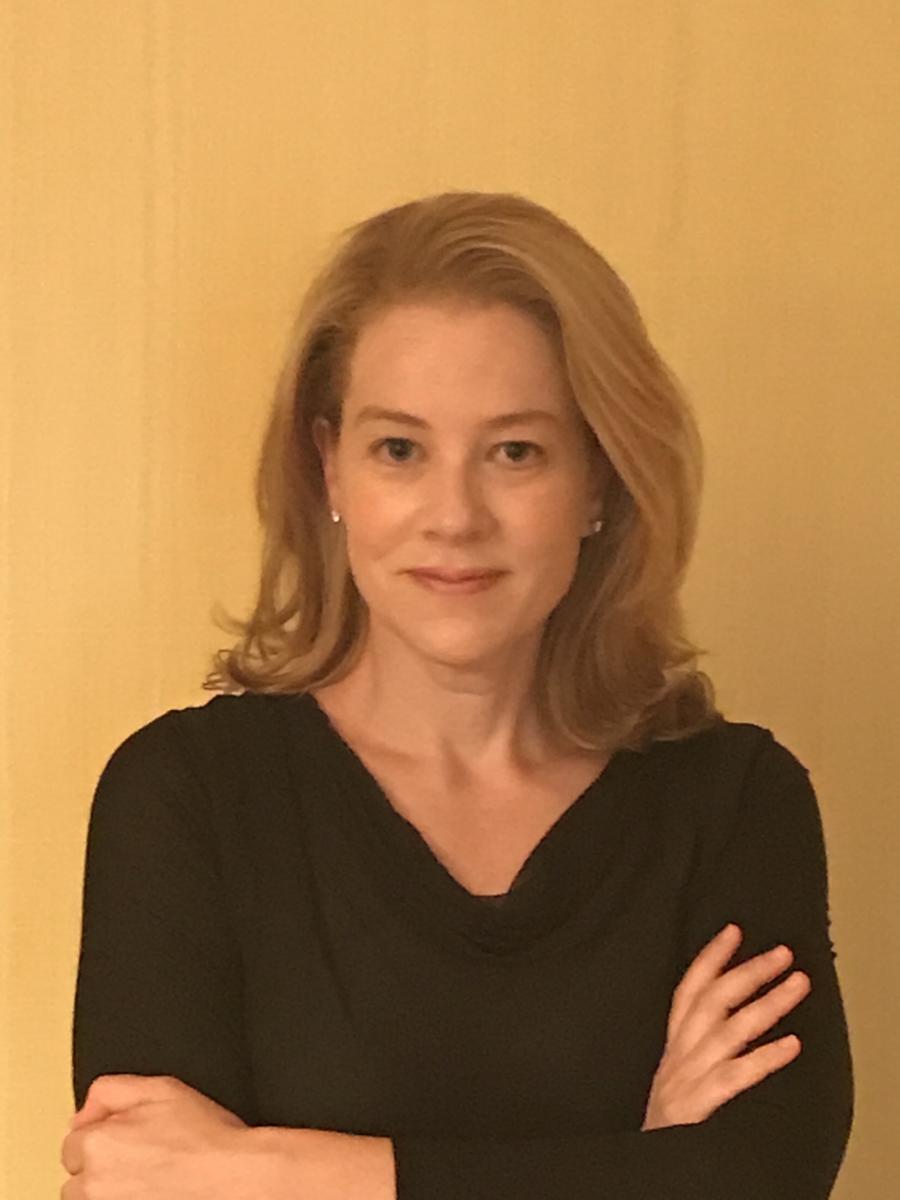The Educated Reporter is taking a brief summer hiatus, and will return Wednesday, Aug. 8. For the next few days you’ll have a chance to catch up on some past posts.
According to the task force, the nation’s education system is failing to turn out enough engineers or students competent in foreign languages. And as a whole, the nation’s youth doesn’t have a deep enough understanding of the wider world.
The solutions, as laid out in the final report released in March, are: more choice (in the form of vouchers and charter schools); an expanded version of the Common Core curriculum being adopted by most states that includes skill sets such as foreign languages, science and technology; and a national security readiness audit to make sure students are being adequately prepared for the challenges ahead.
In a dissent included in an appendix to the report, Stanford education Prof. Linda Darling-Hammond wrote that the report’s “great strength is that it properly highlights the critical and too often ignored nexus between education and national security.” However, Darling-Hammond takes issue with the suggestion that vouchers and charter schools would solve the underlying problems facing public education.
The countries that routinely score at the top of the chart on international exams such as the PISA tests, including Finland and South Korea, “have invested in strong public education systems that serve virtually all students,” wrote Darling-Hammond, who was joined in her dissent by Harvard international relations Prof. Stephen M. Walt, education advocate and Global Kids founder Carole Artigiani, and American Federation of Teachers President Randi Weingarten.
At the same time that some countries are seeing measurable returns on their investment in public education, Darling-Hammond wrote, “nations that have aggressively pursued privatization, such as Chile, have a huge and growing divide between rich and poor that has led to dangerous levels of social unrest.”
Walt, taking the lead in another section of the dissent, argued that vouchers and charter schools have not proven to be “sustainable or systemic ways to improve our schools.” (Research on charter school effectiveness has been at best mixed, with recent studies suggesting they perform no better, and in some cases, do even worse, than traditional public schools.)
Additionally, the task force’s recommendations “go to great lengths to blame a current generation of educators for their assumed institutional resistance to innovation when, in fact, the problem is less about an opposition to change than it is about too much churn and change,” Walt wrote. “This adds to disrespect and the sharp demoralization of our current teaching force—something that is never seen in the countries that outcompete us.”
I asked Marc Tucker, president of the National Center on Education and the Economy, for his take on the task force’s report, and he said it was “stunning” that the Council on Foreign Relations didn’t look abroad for answers.
“That is the last organization in this country I would have expected offer up what amounts to an isolationist view of education,” Tucker said. “They looked for solutions inside a country that hasn’t been able to find a way out of this box, instead of countries that are beating the pants off us on every measure of student success.”
Tucker, whose new book is “Surpassing Shanghai: An Agenda for American Education Built on the World’s Leading Systems,” said the U.S. is being outpaced when it comes to teacher quality. The countries with the most robust public school systems are more selective in their recruitment of teachers, train them better before they let them take charge of a classroom, and pay them respectable salaries that reinforce their societal status as valued professionals, Tucker said.
John Jackson, president and chief executive officer of the Schott Foundation for Public Education, which focuses on issues of equity and opportunity in preschool through 12th grade, suggested to me another place the task force might have looked for solutions – the U.S. Department of Defense. American students attending schools on military bases, which are freed from the rigorous testing and accountability requirements of No Child Left Behind, routinely outperform their civilian peers on the National Assessment of Educational Progress, known as ‘The Nation’s Report Card.”
As the New York Times’ Michael Winerip noted in a particularly pithy column in December, “It has become fashionable for American educators to fly off to Helsinki to investigate how schools there produce such high-achieving Finns. But for just $69.95 a night, they can stay at the Days Inn in Jacksonville, N.C., and investigate how the schools here on the Camp Lejeune Marine base produce such high-achieving Americans — both black and white.”
The military base schools “have already realized that to have strong outcomes, you need equitable solutions,” Jackson said. “Regardless of a military person’s rank, they all send their children to the same school on base. You don’t have soldiers or officers living in impoverished situations without the appropriate support for their families to survive.”
Indeed, the nation’s public schools have seen sharp increases in populations of high-need students, and the numbers remain high even as the economic recovery progresses.Socioeconomic status is a better predictor of academic success in the United States than in all but four of the other countries in the database of the Organization for Economic Cooperation and Development, which administers the international PISA exam, Tucker said. What’s more, coming from a low-income household and/or a home with one parent seems to take a greater toll on an American student’s academic performance than it does on their peers in most other countries.
If the state of public education does indeed pose a risk to the security of the United States, “let’s approach it with a national plan that includes appropriate levels of federal support,” Jackson said. “Anything short of that is not a serious conversation or plan to address the national threat.”
